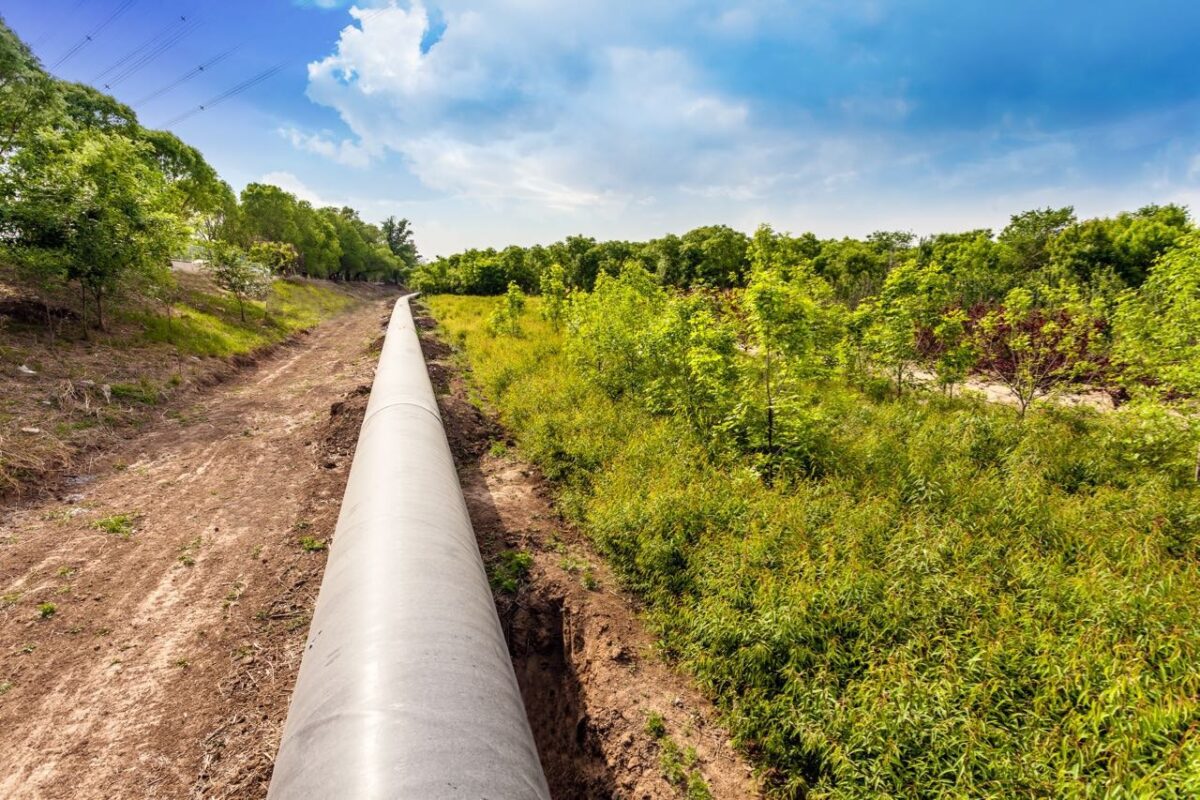The existence of various compounds of crude oil in water, soil and air has many adverse effects on all life forms and ecology next to its many adverse effects on humans, including the reduction of vegetation, soil microorganisms and aquatic populations. It also poses a serious threat to the environment directly or indirectly.
Physical, chemical and biological methods can be used to reduce these contaminants.
Physical and chemical methods are expensive and costly methods that are usually recommended for highly contaminated soils, while biological methods are convenient, inexpensive and low-cost methods to reduce soil contamination.
The use of phytoremediation to refine any infected system, in which the plants can grow, has recently received growing attention. Bioremediation is a method that utilises the ability of living organisms to increase the rate and speed of degradation of pollutants, and is an important tool to reduce environmental pollution. This process is particularly useful for treatment of contaminated systems with low concentrations of pollutants.
Phytoremediation is a technique of refining soil, water and contaminated sediments that is economical, environment-friendly and evolving.
Therefore, in order to analyse the amount of organic pollutants (TPH) and inorganic pollutants (lead, zinc, cadmium and nickel) in the soil of Pazanan oil field of Gachsaran, scientists are identifying and introducing native plants to refine the soils of the contaminated area.
“Feasibility of Using Rangeland Plants for Purification of Soil Pollutants in Oilfield Areas” is the title of the project, conducted by these researchers at the University of Tehran.
Since oil-contaminated areas in the world, especially in Iran, are very wide-ranging and have different climatic conditions, the use of indigenous plants in each region is essential for bio-filtration.
